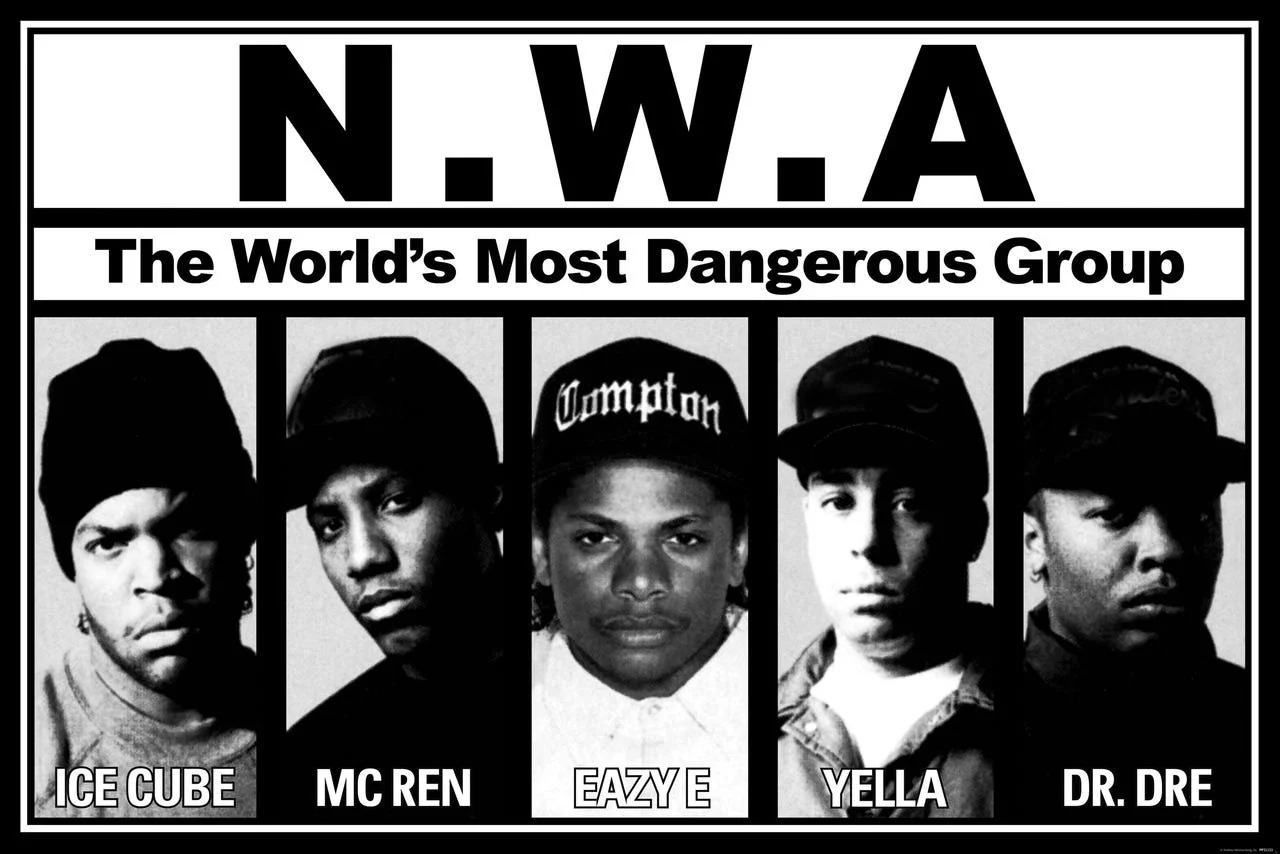A Short History of Hip Hop
The history of hip hop is a rich tapestry that weaves through the fabric of modern cultural, social, and political life. It is a genre that has transcended its musical roots to become a powerful form of expression, embodying the struggles, triumphs, and the very essence of urban life. From its inception in the streets of New York City to its pervasive influence across the globe, hip hop has evolved while staying true to its core elements: DJing (turntablism), MCing (rapping), graffiti art, and b-boying (breakdancing).
The Birth of Hip Hop: The 1970s
Hip hop's genesis can be traced back to the early 1970s in the Bronx, New York City, a melting pot of cultures and musical styles. It emerged as a response to social and economic hardships faced by African-American and Latino communities. Block parties became the breeding ground for this new form of expression, where DJs like Kool Herc, Grandmaster Flash, and Afrika Bambaataa played a pivotal role. Kool Herc's innovation of using two turntables to extend the break section of songs created a new space for dancers and led to the birth of breakdancing.
The Spread and Evolution: The 1980s
By the 1980s, hip hop had begun to spread beyond the Bronx, capturing the imaginations of young people across New York City and, eventually, the nation. The release of "Rapper's Delight" by the Sugarhill Gang in 1979 marked one of the first recordings of hip hop music and its introduction to a wider audience. The 1980s also saw the rise of Run-DMC, the Beastie Boys, and Public Enemy, who added new dimensions to hip hop with their unique styles and socially conscious lyrics.
This era was characterized by the diversification of hip hop's sound and the emergence of regional styles. The West Coast scene began to emerge, with artists like N.W.A bringing a harder, more politically charged narrative to hip hop, highlighting the realities of gang violence and police brutality in Los Angeles.
Mainstream Acceptance and Expansion: The 1990s
The 1990s witnessed hip hop's explosion into mainstream culture. This decade saw the emergence of East Coast vs. West Coast rivalry, epitomized by the feud between Tupac Shakur and The Notorious B.I.G. Despite the tragic outcomes of this rivalry, it underscored hip hop's significance in American culture and its ability to convey the complexities of urban life.
Artists like Dr. Dre, Snoop Dogg, Jay-Z, and Nas were instrumental in pushing the boundaries of hip hop, introducing new sounds and narratives. The introduction of MTV's "Yo! MTV Raps" in the late 1980s played a crucial role in bringing hip hop to a global audience, solidifying its place in mainstream music.
The New Millennium: Diversification and Digital Revolution
The early 2000s saw further diversification of hip hop, with artists exploring and incorporating elements from various genres, leading to the creation of sub-genres like rap-rock, crunk, and snap. This era was marked by the emergence of Eminem, who became one of the best-selling artists of all time, and Kanye West, who was known for his innovative production techniques and controversial personality.
The digital revolution of the late 2000s and 2010s transformed the music industry, with platforms like YouTube, SoundCloud, and Spotify playing significant roles in discovering and distributing hip hop music. This period also saw the rise of social media, enabling artists to connect directly with their fans, bypassing traditional media and music industry gatekeepers.
Today and Beyond: Global Influence and Cultural Power
Today, hip hop is more than just a musical genre; it's a cultural movement that influences fashion, language, art, and politics. It has given voice to marginalized communities worldwide, adapting to reflect the local cultures and issues of its adopters. Artists like Kendrick Lamar, J. Cole, and Cardi B continue to push the envelope, using hip hop as a platform to address social issues, advocate for change, and tell the stories of their experiences.
As hip hop continues to evolve, it remains a testament to the power of music as a form of resistance, expression, and identity. Its history is a reflection of the ongoing struggles and triumphs of the communities it represents, and its future is as dynamic and diverse as its past.
The history of hip hop is not just the story of a music genre; it is the story of American culture, innovation, and resilience. From the streets of the Bronx to the global stage, hip hop continues to redefine the boundaries of music, art, and expression, cementing its place as one of the most influential cultural movements of our time.








